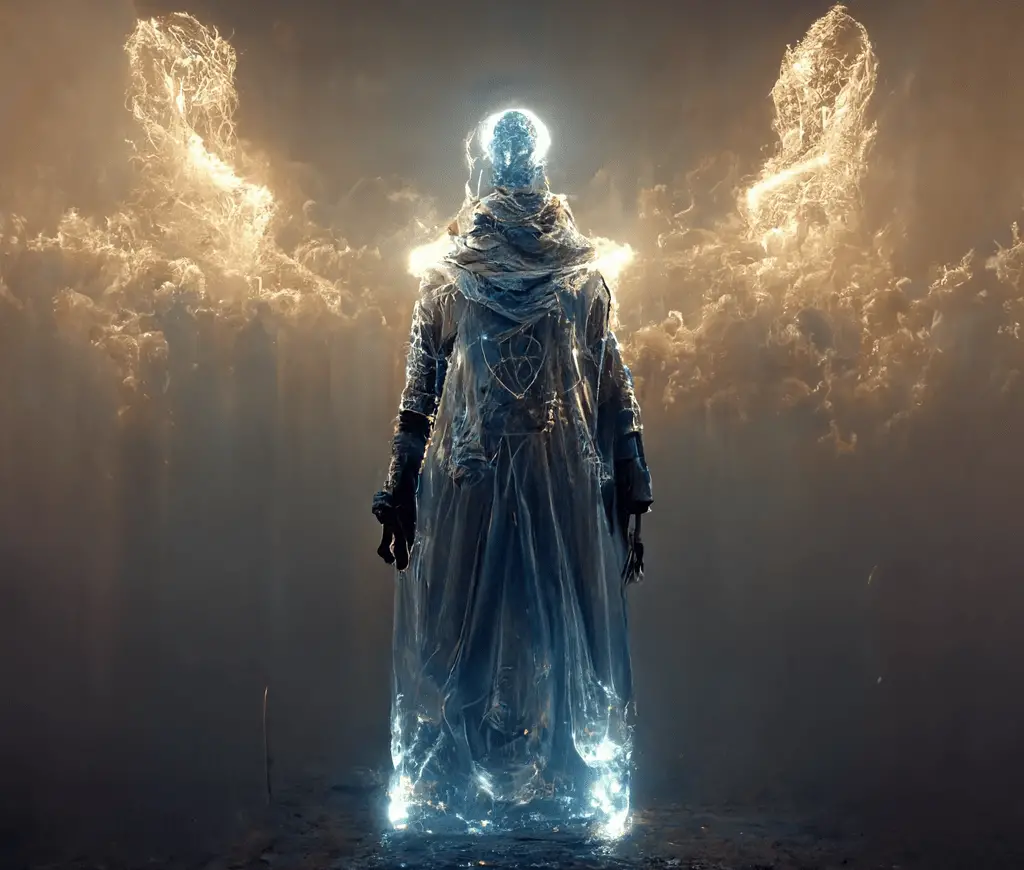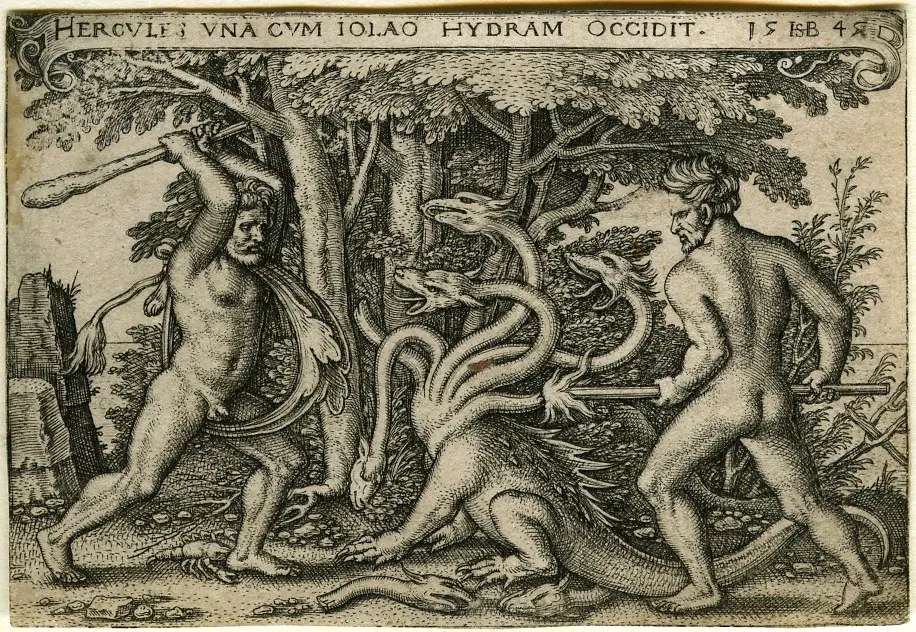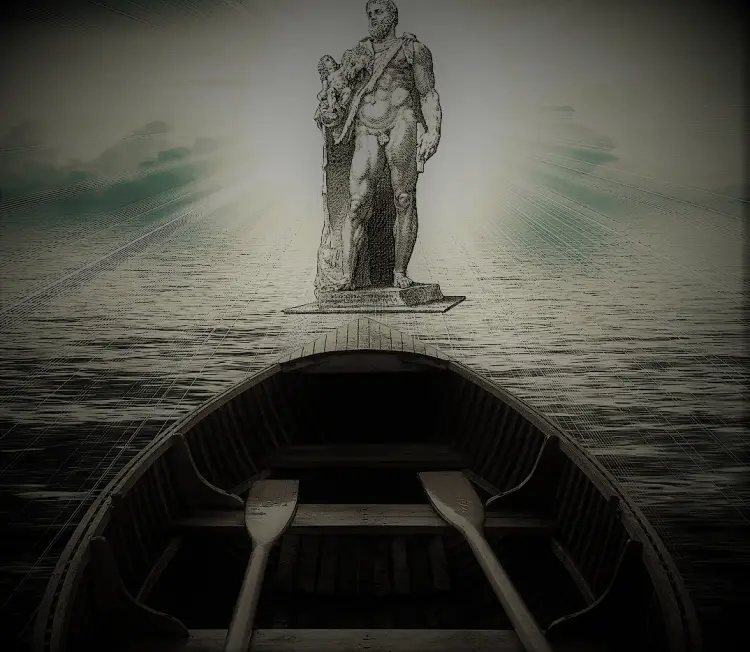Share the Lore!
Demigods: Cheat Code for Invincibility
In every civilization we can find a mythical hero whose power could be compared to those of the gods, therefore they, the heroes, are often described as demigods in nature.
But what does it mean to be a demigod?
Put simply, a demigod is the offspring of a human and a deity, who possesses immeasurable strength and wisdom compared to other humans. The word demigod means half-god, emphasizing the godly powers of the hero.
Such humans, if we can even call them that, can be found in every mythology, with most of them being the symbol of hope and change, showing that everyone can overcome their problems once we put enough effort into it.
The word demigod is a calque of the Greek word hemitheos.

Portrayal of Demigods in Mythologies
Being the child of a god and a human, a demigod usually has the appearance of a human, however, there are some that are humanoids, but, they do not possess a divine form.
Throughout the myths where the demigods are the main protagonists, we can see a common theme, having a task that is impossible to any and all mortal men, which usually consists of killing a creature, moving an almost immovable object, taming the wildest beasts, etc.
Yet there’s a good amount of demigods who didn’t have to complete such tasks in order to become gods.
One of the greatest examples is Dionysus, the Greek god of the grape harvest and wine, who, after being killed twice, was reborn as the child of Zeus and the mortal Semele, thus gaining his status as a demigod.
Examples of Demigods and Their Deeds
One of the most known demigods, Heracles, was the son of the supreme god of the Greek pantheon, Zeus, and the mortal woman Alcmene.
His most famous adventures are called The 12 Labours where he completes twelve tasks that would be impossible for any other man. Thanks to his godly strength, Heracles manages to complete the tasks such as slaying the Nemean Lion, slaying the Hydra, capturing the Cretan Bull, and more.
The Labours being the way for Heracles to repent his sins for killing his own children after going mad, proves to us that they were intended to never be completed.
Another example of a demigod is Cú Chulainn who was the son of the Irish god Lugh and the mortal Deicthine.
Cú Chulainn is most famed for single-handedly defending Ulster against the army of the queen Mebd. Proving that he is the manifestation of his father.
With this, we can see that the demigod is usually considered to be the manifestation of the deity that is their parent, possessing their strength and wisdom.
However, the demigods aren’t always the kindhearted heroes as everyone believes.
Most of the time they have to prove their power and divinity after committing a horrendous crime, which more often than not involves killing a loved one.
Showing that as much as they should be praised and loved, we must also fear their powers as it could be a force of destruction.
Yet what is most important is that once accomplishing their tasks, the demigods transcend into gods, leaving their mortality and human nature behind.
Demigods in pop culture
Thanks to their heroic journeys, they have become a huge inspiration to a lot of people, especially in situations where we seem to be stacked up against all odds.
The amazing stories of these human-gods have spread all around the world, thus becoming immortalized by countless amounts of movies and shows where demigods are the main protagonists, most notable are the Hercules/Heracles movies.
Aside from film and TV, demigods have become a huge inspiration for party and Halloween costumes, often being cosplayed by children and adults.

Demigods are also a huge inspiration in the bodybuilding industry, where the strength and the physique of the demigods is something that is often the end goal.
There are a lot of competitions that are named after demigods, one of the most famous being the NPC Worldwide Hercules Cup.
Professional wrestling frequently mentions and compares wrestlers to famous demigods that showed remarkable strength.
There are a lot of video games that follow the stories of a demigod, most famous being Disney’s Hercules that was released in 1997, and the God of War franchise which follows the demigod Kratos, inspired by Cratos from Greek mythology, who is the personification of strength.
Misconceptions, Fun Facts, and FAQs
A common misconception regarding the demigods is that they are of divine nature. Although this is partially true, the demigods have a dual nature, as the result of being part human and part deity.
Another misconception is that demigods are always kindhearted. If we take a look at Loki, the trickster-demigod from Norse mythology, we can see that there are demigods who often cause harm to humans out of boredom.
Yet another example is the previously mentioned Cú Chulainn, who even though was considered a brave, loyal and kindhearted hero, was also known for going berserk and killing his friends and comrades in his fits of rage.
With this, we can come to the conclusion that not only do we need to respect the demigods, but we also have to fear them.
While the offspring of a god and a mortal is called a demigod, the child of a demigod is called a legacy.

FAQs
Are demigods immortal?
Most demigods start off as mortals but manage to achieve immortality once they complete their tasks.
Who was the first demigod?
The first demigod is considered to be Cadmus, also known as the first Greek hero and the greatest slayer of monsters before Heracles.
Can a demigod kill a god?
This has been a question that has seen a rise in popularity thanks to the franchise God of War. The answer is no. Nothing can kill a god in Greek mythology, since they are immortal. They can be massively incapacitated to the point where they won’t be able to play any significant role.
References:
William Hansen, Classical Mythology: A guide to the Mythical world of the Greeks and Romans, New York: Oxford Press Richard Buxton, The complete World of Greek Mythology, Thames & Hudson Cú Chulainn, http://www.bbc.co.uk/northernireland/schools/4_11/cuchulainn/, Accessed 2 August 2021

